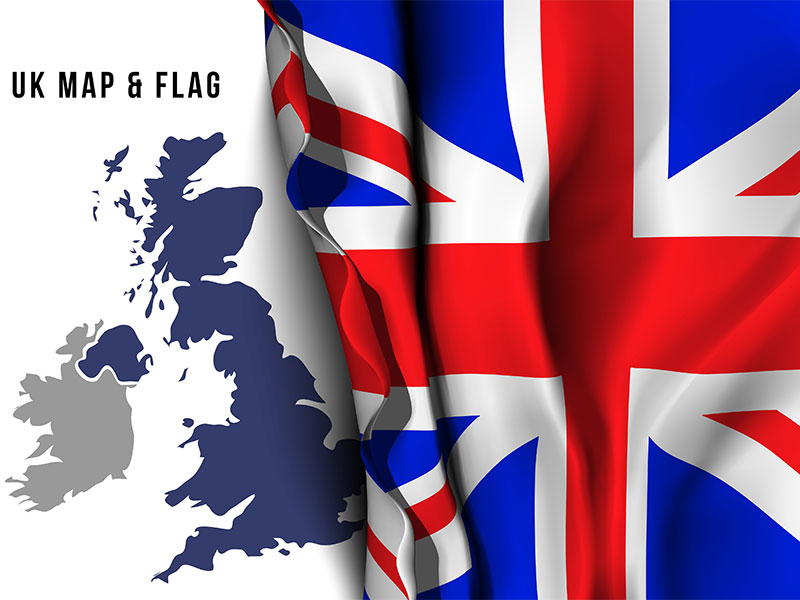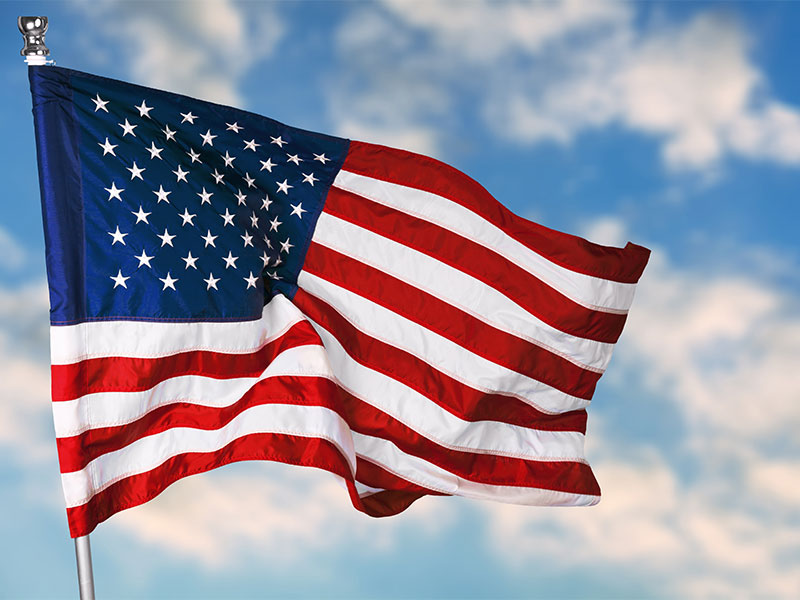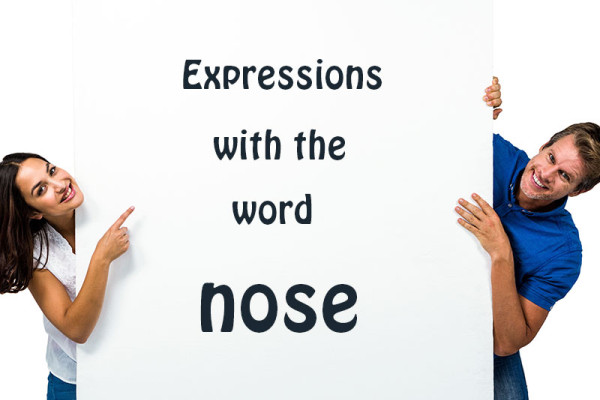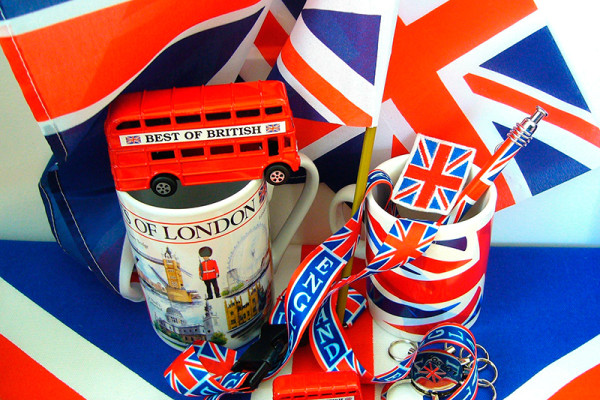British versus American English.

The United Kingdom and the United States are undoubtedly two nations divided by a common language, English. Culturally they are very distant but what about the language? Are there many differences between British and American English?
The truth is that there are certain differences, like those between Spanish in Spain and the one in Latin America, but this does not prevent them from understanding each other perfectly. Normally it is the Americans who find some British dialects more difficult to understand, while the British have no problem understanding the Americans.
It should also be taken into account that English is spoken in many other parts of the world: Australia, New Zealand, South Africa, Canada, India and in 52 other countries. In each of them their own dialect is spoken, more or less the same that happens with Spanish.
Moreover, English is the second language in many other countries, such as the European countries, South Korea, Taiwan, Indonesia, Philippines, Japan, etc. And let's not forget China, the country in the world where more children learn English and curiously they do it in British English, perhaps because the British and some of their institutions such as the British Council have been ahead of the Yankees in this task.

What's "British RP"?
Absolutely all the varieties of English that are spoken around the world come from British English, not American English. Although different dialects are spoken in the United Kingdom, there is a British English known as "RP British", a standard English, which is widely recognized, used and spread all over the world. It is very often used to teach English as a second language and the one used by the universities of Cambridge and Oxford.
The "RP British" is described as "Regionally neutral middle-class accent of England", since this type of accent means that it is not possible to determine which region of England the speaker is from, but the environment and the education they have received. Even so, it has a lot to do with the accent used in the south of England.
Before the Second World War, this type of accent was related to power and wealth, that is, it was used by the upper classes of society. After the war, and with the entry of a Labour Government, people from different backgrounds gained access to better jobs, and this caused regional accents to become more important. In fact, only 2% of the UK population uses the 'RP' accent, including British Royalty members and television presenters.
However, when we study English, we need to have a referent that can be understood by the majority, a standard English that allows us to communicate with everyone regardless of the geographical location in which they live, and this is the "RP British".

Differences between British English and American English.
The British and the Americans share the same language, English, but due to historical and cultural events, it has evolved in a different way in each country. This evolution of the language is basically observed in three areas: pronunciation of words, some grammatical aspects and finally vocabulary.
1. Pronunciation.
One of the differences in pronunciation is given by the stressed syllable of the words, that is, which part of the word is strongly pronounced. For example, in British English the stressed syllable of the word "adult" would be "a", in American English it would be "dult"; in the case of "garage", in British the stressed syllable would be "ga", in American it would be "rage".
Another difference to take into account is the pronunciation of the consonants "r" and "t". The consonant "R", when in the middle or at the end of a word, in American English is pronounced louder than in British English, where it is often not even pronounced. For example, if we see the phonetic transcription of the word "brother", in British English it would be /ˈbrʌðə, in American it would be /ˈbrʌðər. The consonant "T" has up to six different pronunciations and may sound like a "d", it may even disappear, so it is best to hear exactly how the word in question is pronounced. Currently, most online dictionaries have audios of every word in both British and American English.
2. Vocabulary.
One of the differences between British and American English is the use of different words for the same meaning, which also happens with Spanish. In Spain we say that we have a "coche" and in Latin America that they have a "carro", the same happens with many words between British and American English.
For example, what in British is "trousers", in American it's "pants" and be careful with that because "pants" in British English is men's underwear. There are many lists of words in British English and their counterparts in American English to look at.
There are also spelling differences, which do not affect when we speak but when we write. For example, words such as "theatre", "colour", "traveller", "tyre" or "realise" would be written in American English as follows: "theater", "color", "traveler", "tire" and "realize".
3. Grammar.
There are no major grammatical differences between British and American English, but some of the most relevant ones should be highlighted.
In British English, words used to designate a group of people can be singular or plural, so the verb can also be singular or plural. For example, a Briton will use a plural verb in the sentence: "My family live in London", and an American will use a singular verb: "My family lives in London".
Another difference is in the use of the present perfect (have done). In some cases where a British English would use it, an American would use the simple past (I did). For example: A British person would say "Have you seen my car keys?", while an American would say "Did you see my car keys? In addition, there are some verbs like: "learn", "dream" or "burn", whose past form and past participle are different, in British it is: "learnt", "dreamt" and "burnt"; in American it is: "learned", "dreamed" and "burned".
The prepositions also change: "at weekends" (British), "on weekends" (American); "Monday to Friday" (British), "Monday through Friday (American). It even happens with some phrasal verbs: "Fill in" (British), "fill out" (American).
The verb "have got" is not used in American English, only "have" is used; so, a Brit "has got a car" and "hasn't got a big house"; instead, an American "has a car" and "doesn't have a big house".
In short, English is today a lingua franca, everyone agrees that it is and will be the language in which people, regardless of their origin or mother tongue, can communicate. Although there are differences between British and American English, it is obvious that it does not matter which one we use when communicating, because we will understand each other.
Artículos relacionados
3 comments
Lucilaxd no sabia que mas poner
says:
replied:
yina
says:
Comment















